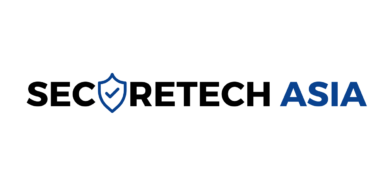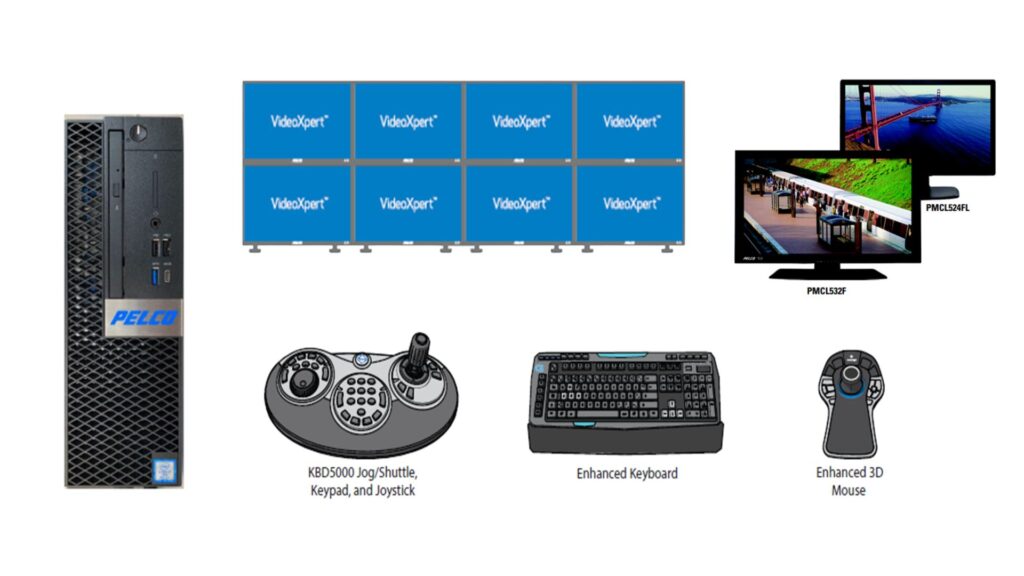In the oil and gas industry, adherence to access control system regulations is not only a legal requirement but a fundamental aspect of responsible and safe operations.
The oil and gas industry operates within a complex web of regulations and standards aimed at ensuring safety, environmental protection, and efficient operations.
We will delve into the key regulations governing access control systems in the oil and gas sector and explore how companies can navigate compliance to ensure the integrity of their operations.
Regulatory Landscape
OSHA (Occupational Safety and Health Administration)
OSHA regulations mandate the implementation of safety measures to protect workers. Access control systems are essential in restricting entry to hazardous areas, ensuring only trained personnel with the requisite qualifications can access specific zones.
CFR (Code of Federal Regulations)
Various sections of the CFR address the security and safety concerns of the oil and gas industry. Access control systems are instrumental in complying with CFR requirements, particularly those related to facility security, personnel access, and emergency response.
API (American Petroleum Institute) Standards:
API standards provide guidelines for the design and operation of oil and gas facilities. Access control systems must align with API standards to guarantee a consistent and industry-accepted approach to security.

Security Measures in Access Control Systems
Biometric Authentication
Biometric measures, such as fingerprint or retinal scans, enhance security by ensuring only authorized personnel gain access to critical infrastructure. These measures align with industry standards for stringent access controls.
Surveillance and Monitoring
Regulations often stipulate the need for continuous monitoring of access points. Access control systems equipped with surveillance capabilities help in maintaining a real-time record of activities, aiding in compliance verification.
Two-Factor Authentication
Implementing two-factor authentication adds an extra layer of security by requiring users to provide two forms of identification. This aligns with industry best practices for securing sensitive areas.
Emergency Response and Compliance Audits
Emergency Access Protocols
Regulatory bodies often require well-defined emergency access protocols. Access control systems must incorporate features that facilitate swift access for authorized personnel during emergencies while maintaining security.
Regular Compliance Audits
Regulatory bodies often require well-defined emergency access protocols. Access control systems must incorporate features that facilitate swift access for authorized personnel during emergencies while maintaining security.

Technology Advancements
Integration with IoT and AI
Leveraging the latest technologies, such as the Internet of Things (IoT) and Artificial Intelligence (AI), enhances the capabilities of access control systems. These advancements not only strengthen security but also contribute to predictive maintenance and improved operational efficiency.
Data Encryption and Privacy
As regulations increasingly focus on data protection, access control systems must incorporate robust data encryption measures to safeguard sensitive information. Ensuring compliance with privacy regulations is paramount.
Get The Right Team
With over 10 years of industry experience, Team Vivo Asia is well-versed in industry compliances for installing access control systems in the oil and gas industry.
Companies must invest in state-of-the-art access control systems that not only meet current regulatory standards but also have the flexibility to adapt to evolving industry norms. By doing so, they not only enhance security but also contribute to the overall resilience and sustainability of the sector.


